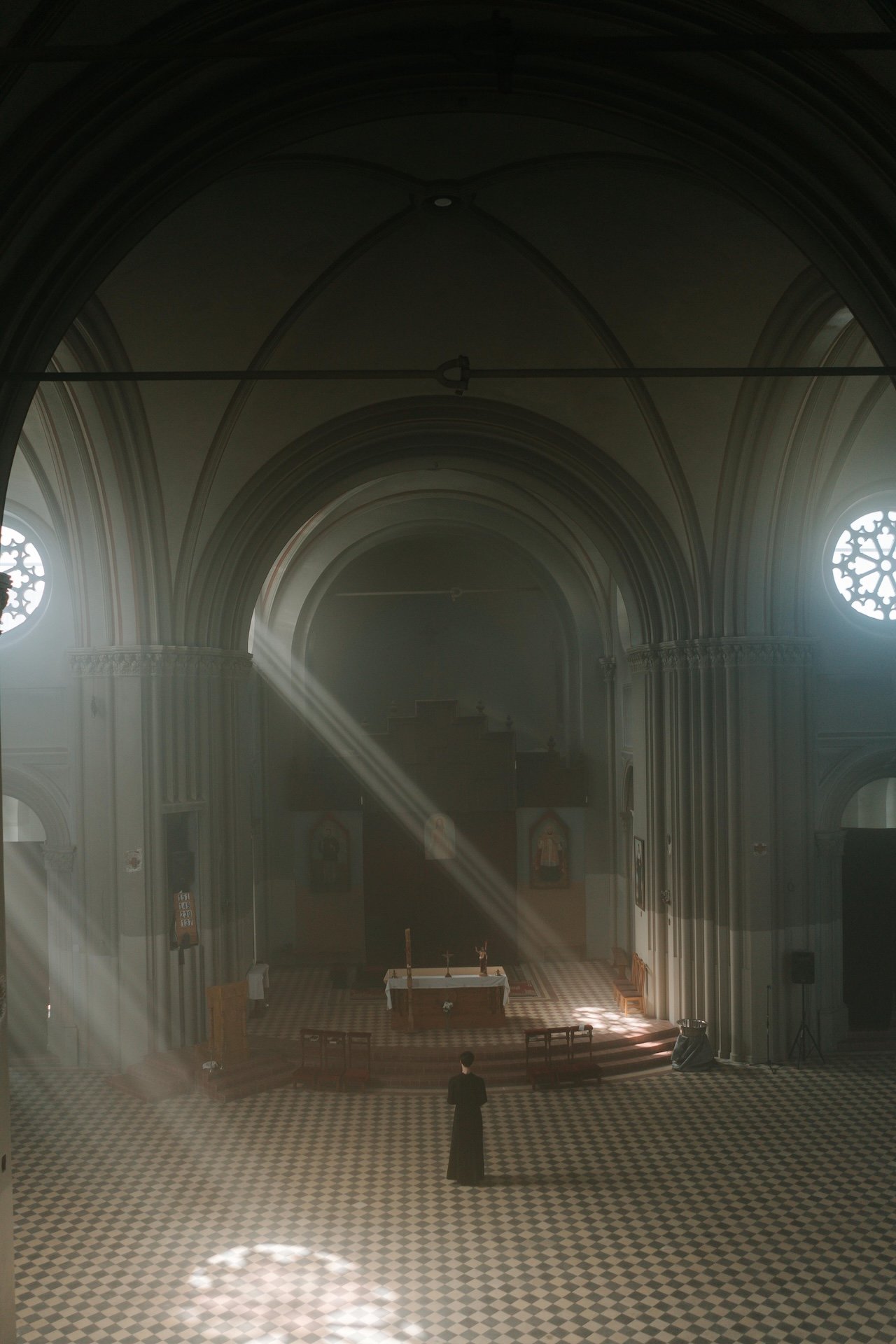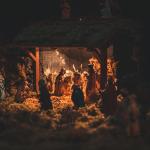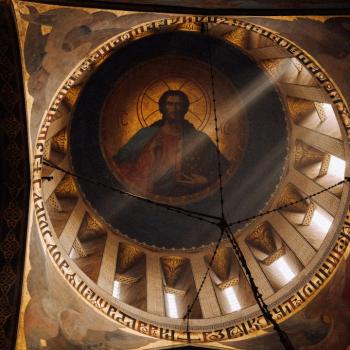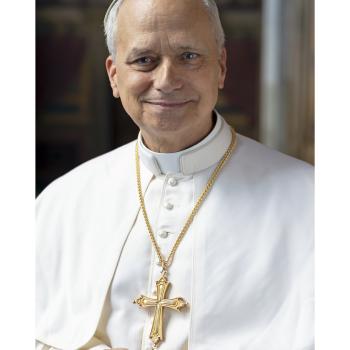As we get closer to Christmas, Jesus is inviting us to recognize the reality of his becoming man to save us from our sins. Christmas reminds us of the incarnational nature of our faith. God is Spirit, but as humans at the horizon between the spiritual and the material, God also speaks to us through material reality. In spiritual life, this comes out particularly in popular piety.
Popular piety refers to the devotions that are common among the Christian faithful. We can think of things like the rosary or Divine Mercy chaplet. Pope Francis just visited Corsica to celebrate popular piety. We can have the temptation to discard popular piety in favor of a more ‘rational’ faith, but I think there is something powerful in the popular piety that has grown up over the centuries.
Popular Piety
Popular piety can help to balance some of the more rationalistic influences present in our society. The recent pastoral visit of Pope Francis to Corsica highlighted a “Corsican-style” secularism. Pope Francis visited to speak to a Congress discussing popular piety. He praised the “healthy secularism” of this unique place where expressions of faith do not threaten the general fabric of society. Corsican society, in his view, models the idea that with absolute respect for religious freedom (one of the tenets of Nostra Aetate), there is more space for religious expression. Notably, Corsica seems to be a place where popular piety can be expressed freely. During his visit, Pope Francis stopped to listen to a young man, Leo, recite the Nicene Creed. The organizers chose this expression of faith as the world prepares for the 1700th anniversary of the great ecumenical council of Nicaea, where this creed was first formulated.
“It’s a beautiful discovery to see how popular piety enables faith to occupy public spaces without creating tension or social friction,” said the 56-year-old cardinal, widely beloved in Corsica. His popularity was evident when 800 Corsicans traveled to Rome in September 2023 to celebrate his elevation to cardinal (“In Ajaccio, Pope Francis advocates ‘Corsican-style’ secularism”, La Croix).
While fully modern, Corsica is also an important center for popular piety. This place is a testimony to the way faith can be part of society without alienating those who do not believe the same way.

Birth of a New Prayer
Popular piety has always formed a great part of our Catholic tradition, and today’s Gospel calls to mind one of the most fateful encounters in the history of mankind that is memorialized in one of our most simple, Catholic prayers: the Hail Mary. On this last Sunday of Advent, as we prepare for the birth of Jesus, the liturgy reminds us that before Mary bore Jesus, she went to visit her cousin Elizabeth (cf. Lk. 1:39-46). Elizabeth and Mary meet, the mothers of the last prophet and the Messiah for whom he comes to prepare the way. The angel had told Mary that Elizabeth would give birth as one of the proofs that his message from God was real. Mary comes, not because she doubts his message, but because she feels called to serve her older cousin who is with child for the first time.
Learning from the World
A prayer as simple as the Hail Mary helps us to see how real human history can be integrated into our prayer life. It is easy to look at the world as our enemy, but I think Pope Francis brings to light something important that is particularly helpful to us as Americans. We tend to see the relationship between Christianity and society as a cultural battle. Pope Francis shows that we can learn from the world without letting it take over our hearts and minds. Some aspects of our culture affect the way we worship God.
Many of the first European settlers in North America tried to have a Christianity very much removed from the symbolism and tradition that had cropped up in Catholicism. This did much to shape the religious culture of our country and even still affect the way we worship today. But part of the lesson we are called to learn at Christmas is that the Christian religion is “incarnational,” not simply aspirational. Jesus really and truly became man, taking on flesh through the Incarnation and being born of the Virgin at Bethlehem.
By expressing faith through simple gestures and a symbolic language rooted in the culture of the people, popular piety reveals God’s presence in the living flesh of history, strengthens the relationship with the Church and often becomes an occasion for encounter, cultural exchange and celebration. (Pope Francis, 15 December 2024).
In today’s Gospel, when Elizabeth greets Mary and proclaims her blessed among women, she gives us words that we repeat daily when we pray the Hail Mary, particularly as part of the rosary, one of our most beloved Catholic prayers. In these last days before Christmas, take some time to contemplate Christ, specifically in his humanity, celebrating him by renewing your own piety through the rosary. Coming to Mary in the rosary is one of the best ways to celebrate Christmas.
Subscribe to the newsletter to never miss an article.













